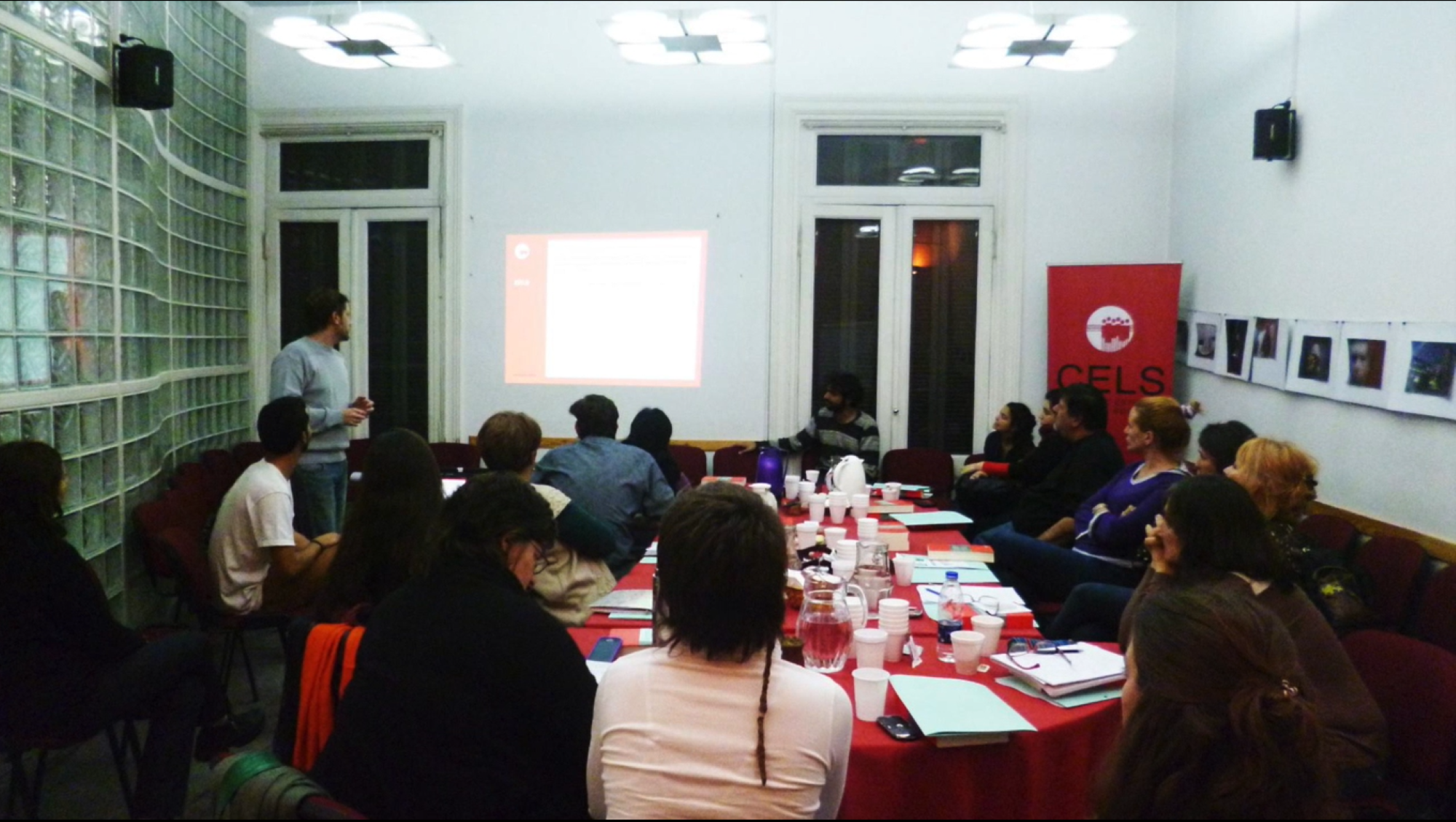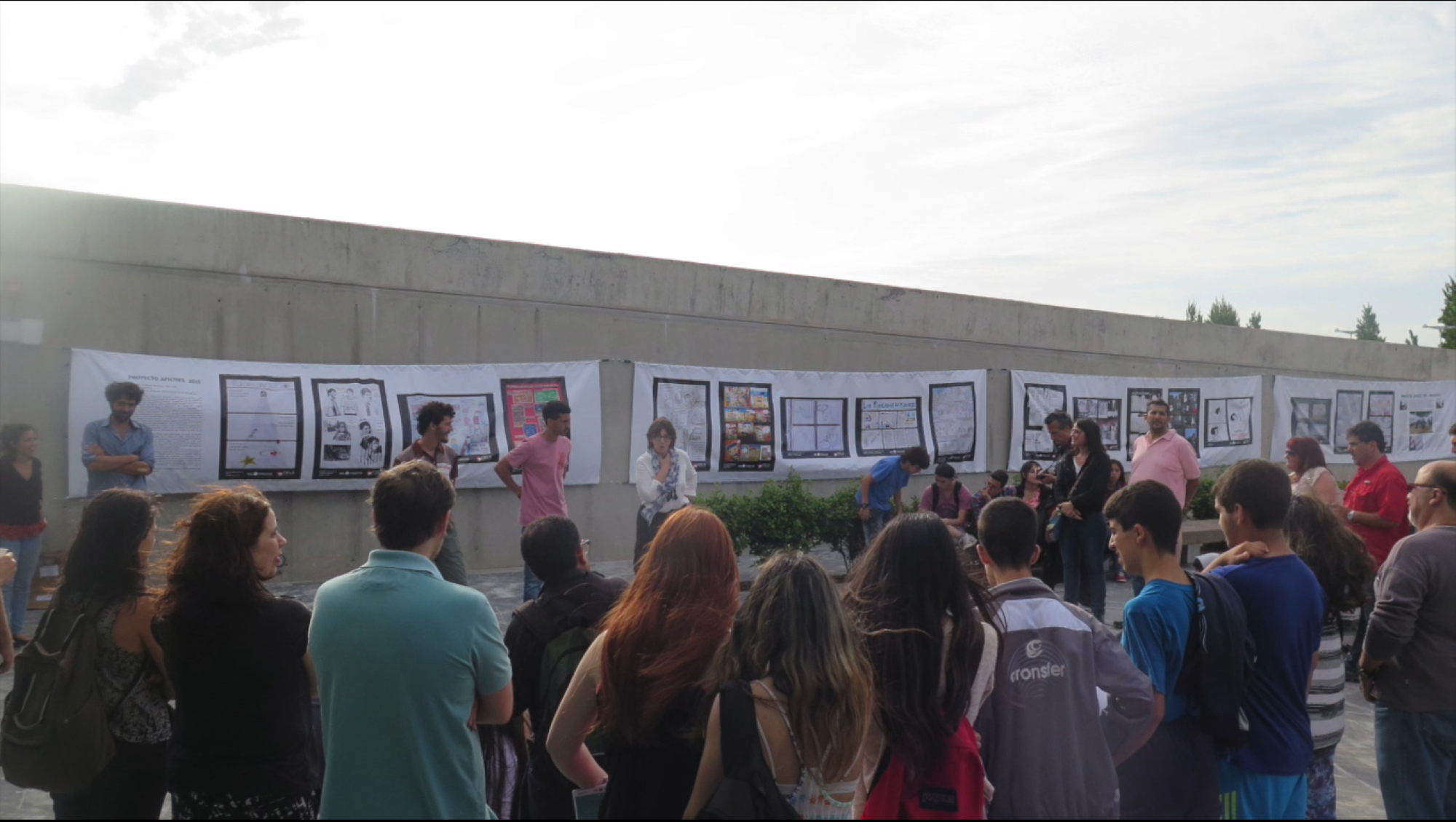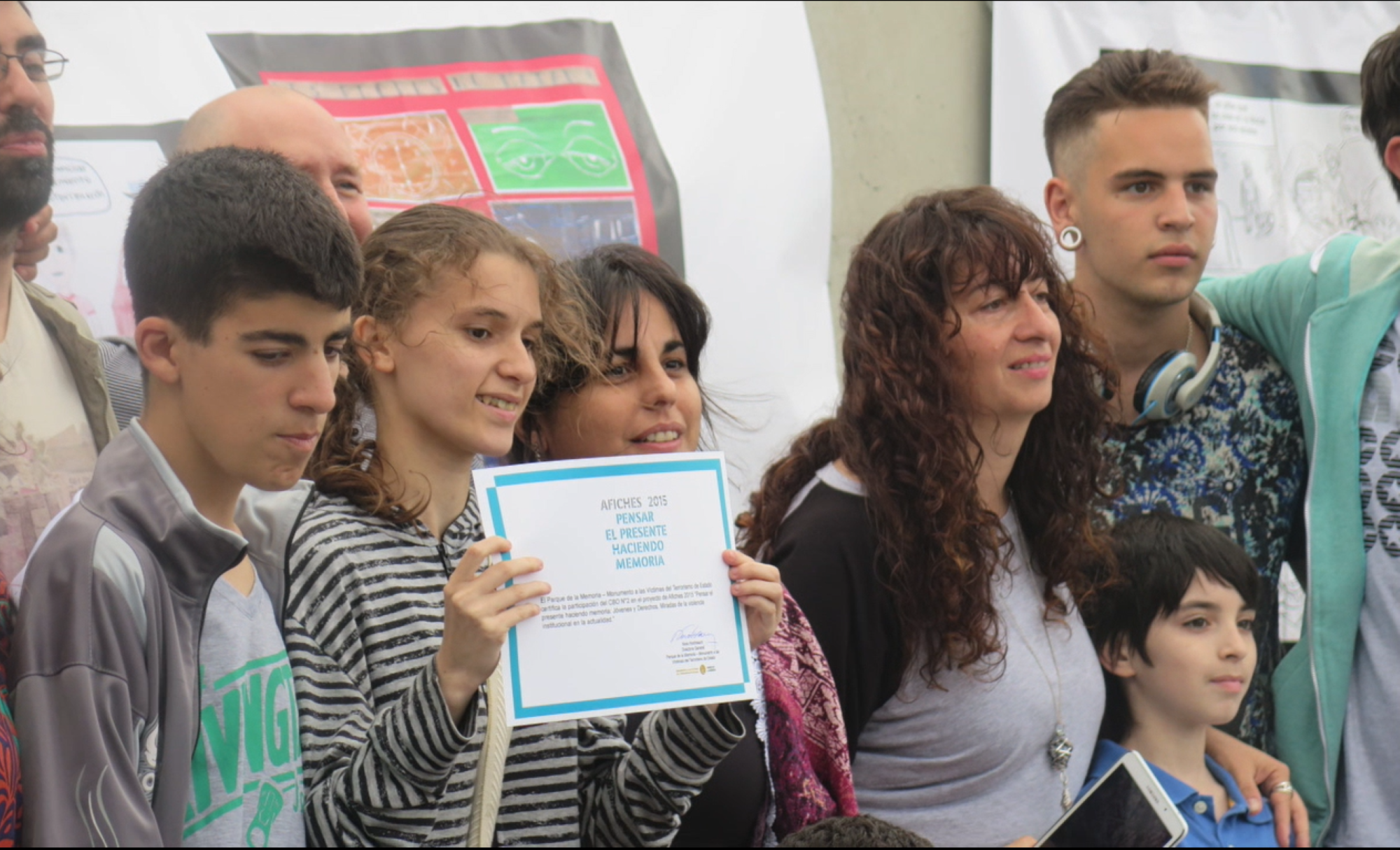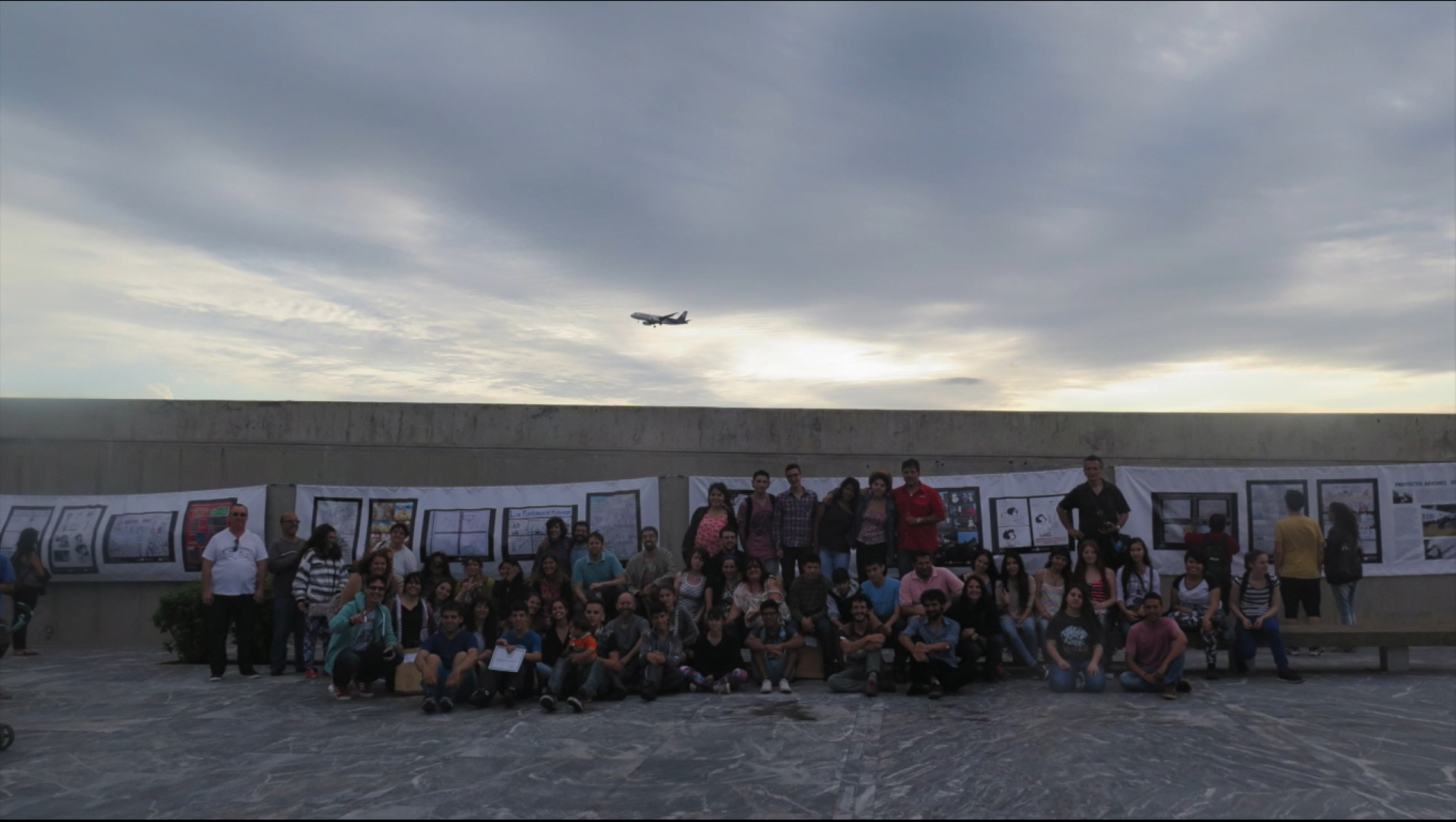POSTERS PROJECT 2015
"Youth and rights. Views on institutional violence today"





We understand by human rights those rights that correspond to all human beings by the mere fact of being people. Therefore, the religion, gender or sexuality, nationality or ethnicity of a person is not relevant.
person or group, not even their age. In this sense, and as expressed in the preamble to the Inter-American Convention on Human Rights (IACHR), these are based solely on the attributes of the person.
However, the legal recognition of these rights is the product of traumatic events that in the 20th century impacted on the conscience of humanity, and are also the product of the struggle of various social actors.
that they publicly demanded the recognition of the same.
On the one hand, human rights are linked to the dignity of the people, at the same time that they represent limits to the power of the States since they are barriers to the exercise of public power. According to international human rights treaties and the Constitution of each of the countries that sign them, they are the States
who assume the obligations to respect and guarantee these rights.
Starting from understanding the role that States have in guaranteeing and respecting human rights, we can think and analyze what we are talking about when we speak of human rights violations.
A violation of human rights is the consequence of a state action or omission. There is a violation by action when the State, through a state agent, acts in breach of the norms and outside the ethical framework offered by the human rights established by law in the National Constitution and in international treaties. Instead, the violation by omission will be given by the assumption where the State does not intervene
in a situation in which he was legally obliged to act so that a right is guaranteed.
In other words, in order to consider a case as a violation of human rights, in addition to the right that has been violated, the participation of a state agent is necessary regardless of their function or hierarchy. When you talk
state agent we mean all state employees, both from the Executive Branch, as well as the Legislative, Judicial, public administration and security forces, both at the national and provincial levels
or communal.
Generally, in Argentina when we hear about human rights violations we think of the massive violations committed by the actions of state terrorism, during the last civic-military dictatorship and in
the previous years (1969-1983). In the 4th edition of the Poster Project, we intend to broaden this view of rights and their protection to account for cases of human rights violations today. Although they are not comparable to the actions carried out by State terrorism through the systematic plan of kidnapping, torture, disappearance and murder of people, thinking in historical terms allows us to review and analyze differences and continuities.
Accompanying institution
We thank those who contributed theoretical material for the formation of the Team, offered support in the artistic tool and dedicated their time to orienting us on the subject matter worked on:

